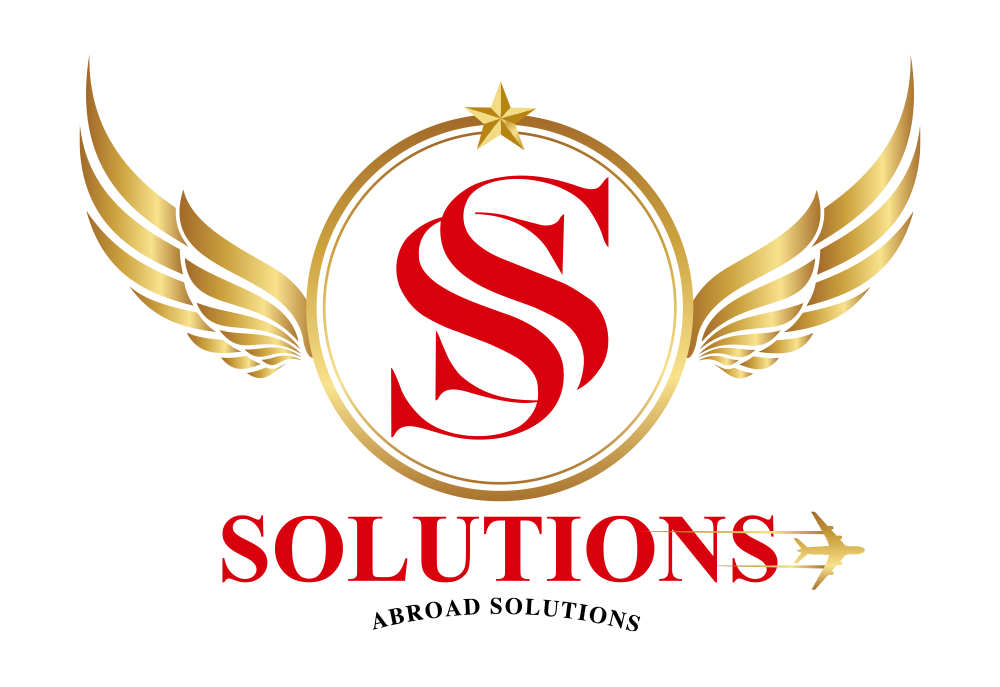I know a preacher that can burn any pulpit down within an hour. His sermons cause the greatest stirs and responses in his audience and he really can keep his congregation awake. But there is one tiny problem. Ask many of his listeners what they think about his sermons and they’ll quickly respond with only words of acclamation. Follow that questions with a request for what the sermon was about and you’re met with only blank stares.
They knew that the sermon was “great” but …
I know a preacher that can burn any pulpit down within an hour. His sermons cause the greatest stirs and responses in his audience and he really can keep his congregation awake. But there is one tiny problem. Ask many of his listeners what they think about his sermons and they’ll quickly respond with only words of acclamation. Follow that questions with a request for what the sermon was about and you’re met with only blank stares.
They knew that the sermon was “great” but cannot recall what they learned.
This reminds me of the popular selling tenant referred to as ‘selling the sizzle and not the stake’. In other words, build enthusiasm and curiosity about your product without giving away too much. Let them hear it, smell it, imagine it but never taste it until they buy.
I find however that when you’re selling high ticket items, because you are asking for a higher level of commitment from the prospect, you have to give something in order to get something back. So you have to give some ‘steak’ along with the ‘sizzle’. This is what is commonly referred to as ‘value added copywriting’.
I use some of this myself at my website http://www.webcopy-writing.com to sell my copywriting services. Right there in the sales letter itself are some tips and ideas on how to sell to prospects online. So the reader gains some value from reading the letter even before he or she uses my services.
But this “free information” also serves a few other purposes:
1. It helps to establish goodwill with the potential client. My willingness to share this information shows that I’m not stingy and helps to develop a relationship with the reader. So even if the prospect doesn’t use my service he walks away with something.
2. It helps to establish my credibility. This is an opportunity for me to show that I know what I’m about and have the qualifications to help the reader’s business.
3. It serves as a teaser. It’s obvious that I’m not saying everything that I know and that there is a ‘lot more where that came from’. In other words, if I’m willing to give away this information I must have a lot more ‘secrets’ up my sleeve.
4. It lowers the sales resistance of the reader because I’m in the giving rather than the taking mode. There is really no argument against someone who is giving you something for free.
5. It provides a natural incentive for the prospect to read your entire sales letter. Any device that encourages readership will also improve sales especially with longer sales copy.
It will be therefore helpful if you can provide your prospects with useful information in your sales literature. This may be in the form of a free report, an email course or case studies. Once this information is useful and not seen as an overt sales piece, then this should lead to an easy conversion of a new customer.
This technique of value added copywriting works very well in service-type industries. There are many services where the professional can ‘reveal’ a lot without fear of losing his value to the customer. This often occurs because even though someone may know how to perform a task, the job may be sufficiently difficult or unpleasant that it may be better left to the professionals.
A quick example comes to my mind. I know how to do simple maintenance work on my vehicle but I’ll prefer to pay to have this done. I’ll happily read all the available literature from my mechanic about how a mechanical repair should be done. The fact that my mechanic made this literature available to me gives me confidence in his performance of a great job.
So, in the same way, a lawyer may want to provide information on how to fill easy legal forms, while a plumber may provide information on performing simple repairs around the home. When a prospect read this helpful information and they need further ‘expert’ attention they would easily think of that lawyer or plumber.
Because the public today is bombarded with so many advertisers’ messages the usual sales talk is having less impact. With the advent of online advertising where it is easier and cheaper to get your message before thousands of eyes your sales message must have a lot more bite than its bark; a lot more steak where only sizzle use to be.
After listening to your sizzling message, your market congregation will need to recall more than the enthusiasm of your delivery. They must be able to recall enough value to want the whole shebang from you.

